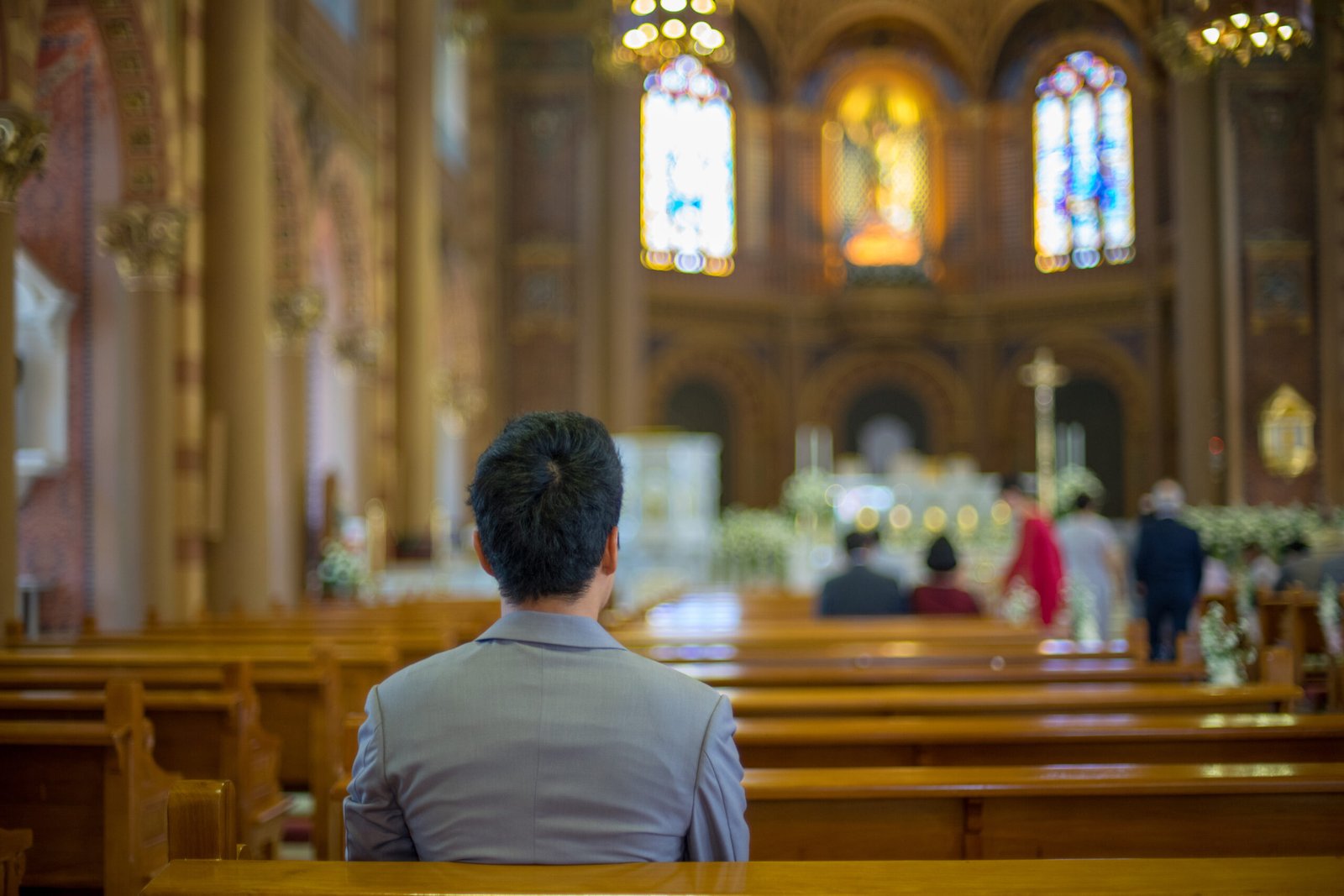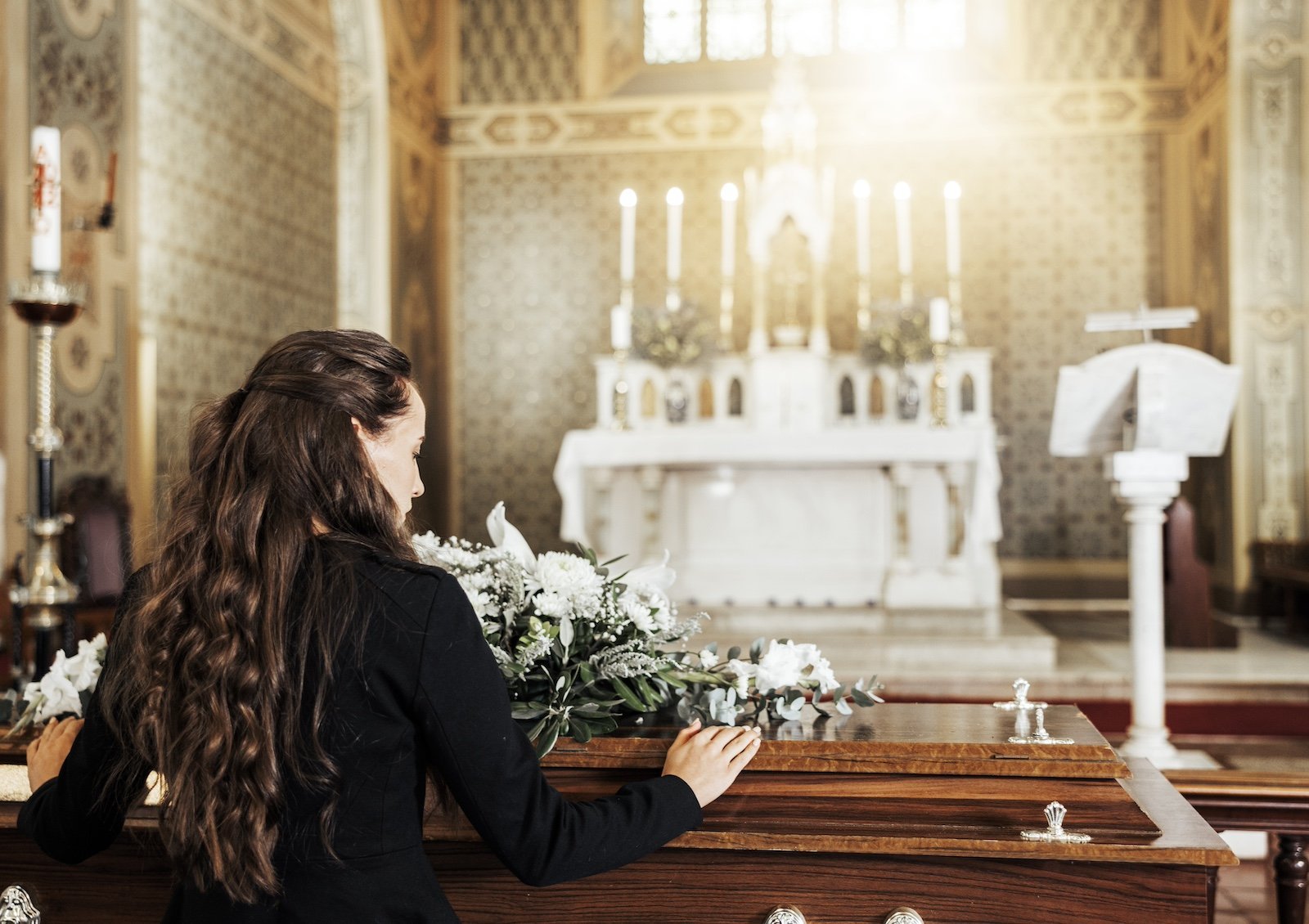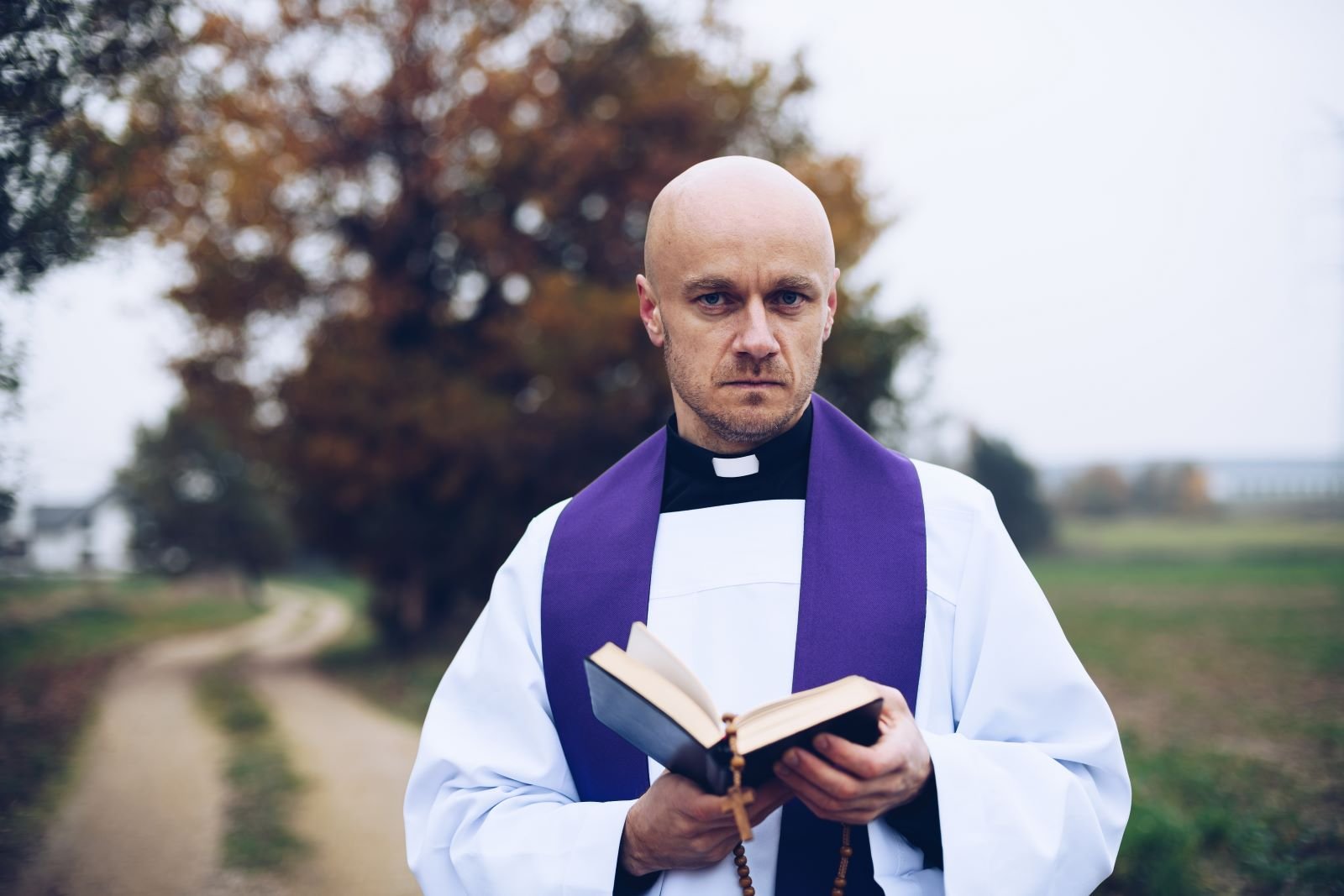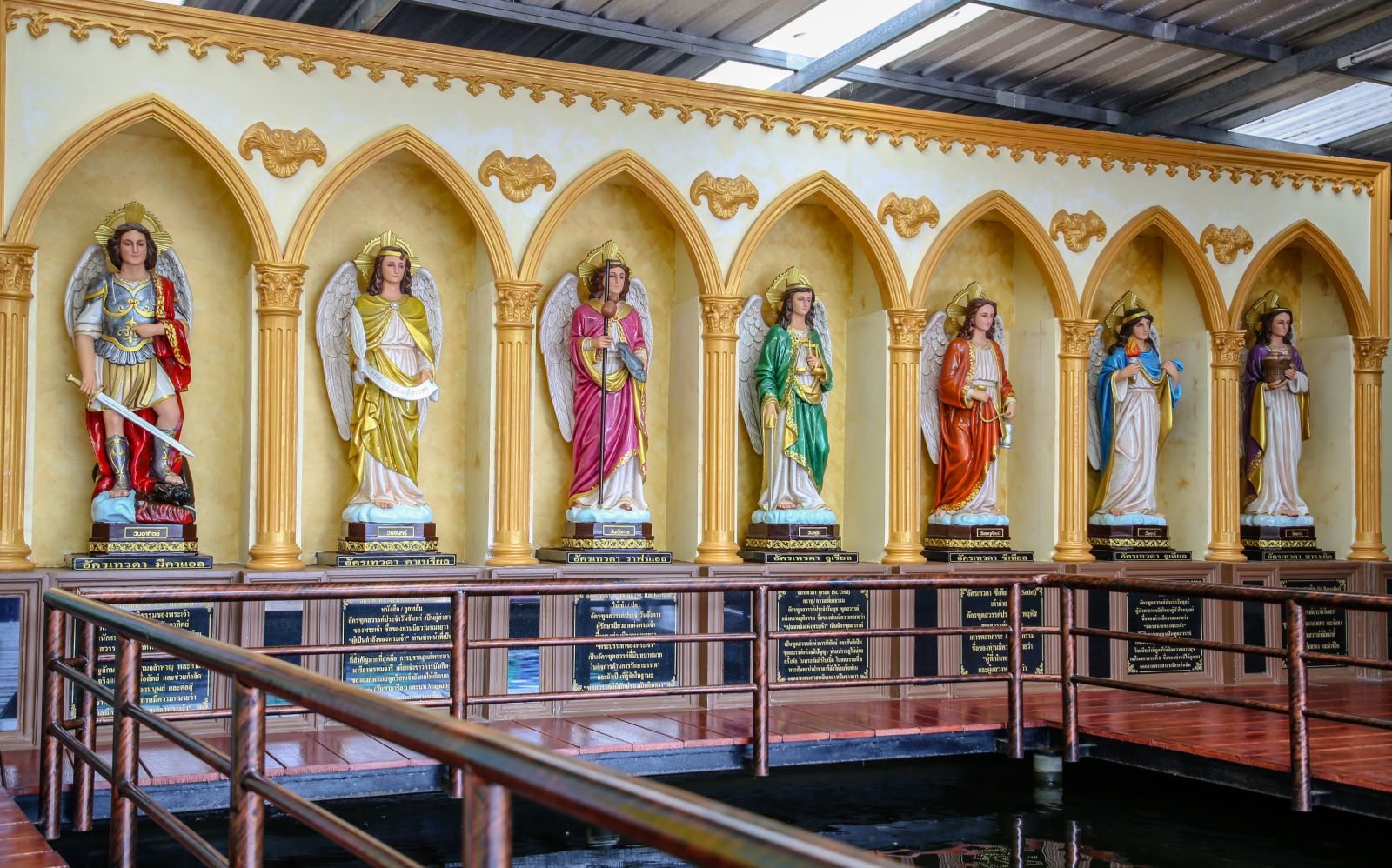Christians believe that death is not the end but a transition to another form of existence. This belief has been shaped by the resurrection of Jesus Christ, a cornerstone event in the Christian faith. Christians often see the afterlife as a continuation of the relationship with God that they experience during their earthly lives.
Heaven: Eternal Life with God

Heaven is depicted as a place where believers experience eternal life in the presence of God. According to the Gospel of John, Jesus promised his followers, “I go to prepare a place for you” (John 14:2). Heaven is described as a place of joy, peace, and the absence of pain and suffering (Revelation 21:4).
The Resurrection of the Body

The resurrection of the body is a fundamental belief in Christianity. Paul the Apostle explains this concept in 1 Corinthians 15, where he describes the transformation of the mortal body into an immortal one. This belief asserts that at the end of times, believers will be resurrected in a glorified state, free from decay and death.
Judgment Day

Christians believe in a final judgment, where all individuals will stand before God to account for their lives. Matthew 25:31-46 portrays Jesus separating the righteous from the unrighteous, rewarding the faithful with eternal life, and condemning the wicked to eternal punishment.
Hell: Eternal Separation from God

Hell is often described as a place of eternal separation from God, characterized by suffering and regret. Jesus speaks of hell in terms of “unquenchable fire” and “outer darkness,” where there is “weeping and gnashing of teeth” (Matthew 13:50). This imagery underscores the severity of being separated from God’s presence.
Purgatory: A Catholic Perspective

While not universally accepted among all Christian denominations, the concept of purgatory is significant in Catholicism. Purgatory is seen as a temporary state where souls are purified before entering heaven. This belief is based on the idea that nothing impure can enter heaven, and thus, a period of purification is necessary.
The New Heaven and New Earth

Revelation 21 describes the creation of a new heaven and a new earth, where God will dwell with his people. This vision includes the eradication of death, mourning, crying, and pain. It represents the ultimate fulfillment of God’s promise of eternal life and perfect communion with Him.
The Intermediate State

Many Christians believe in an intermediate state between death and the final resurrection. In this state, souls exist in a conscious experience, either in paradise or in a state of separation from God. Luke 23:43 records Jesus telling the thief on the cross, “Today you will be with me in paradise,” suggesting a conscious existence after death.
The Rich Man and Lazarus: A Parable on the Afterlife

In Luke 16:19-31, Jesus tells the parable of the rich man and Lazarus to illustrate the realities of the afterlife. The rich man, in torment, looks up to see Lazarus in comfort. This parable highlights the reversal of fortunes and the importance of living a righteous life.
Reincarnation and Christianity

Christianity generally rejects the idea of reincarnation, which is the belief in multiple lives. Hebrews 9:27 states, “Just as people are destined to die once, and after that to face judgment,” emphasizing a single earthly life followed by judgment.
The Role of Faith and Works

The Bible teaches that salvation and entry into the afterlife with God depend on faith in Jesus Christ and not merely on good works. Ephesians 2:8-9 says, “For it is by grace you have been saved, through faith… not by works so that no one can boast.” However, good works are seen as evidence of genuine faith.
Children and the Afterlife

There is a theological debate about the fate of children and those unable to consciously accept faith in Christ. Many Christians believe in an age of accountability, suggesting that God’s grace covers those who die young or cannot make a faith decision, based on God’s merciful nature (2 Samuel 12:23).
Biblical Evidence of Life After Death

Numerous scriptures provide evidence for life after death. For example, John 11:25-26 quotes Jesus saying, “I am the resurrection and the life. The one who believes in me will live, even though they die; and whoever lives by believing in me will never die.”
Heavenly Rewards

The New Testament speaks of rewards in heaven for believers based on their faithfulness on earth. Jesus in Matthew 6:19-20 advises, “Do not store up for yourselves treasures on earth… but store up for yourselves treasures in heaven,” indicating that actions on earth have eternal significance.
The Beatific Vision

Catholic theology discusses the “beatific vision,” where the blessed see God face to face in heaven. This direct encounter with God is the ultimate fulfillment of human existence, offering perfect happiness and understanding of divine mysteries.
The Final State of the Wicked

The Bible clearly indicates that the final state of the wicked is one of eternal separation from God. Revelation 20:14-15 describes the “lake of fire” as the second death for those not found in the Book of Life, emphasizing the permanence and seriousness of divine judgment.
Theological Diversity Within Christianity

Different Christian denominations interpret the afterlife in varied ways. For instance, while most Protestants reject the concept of purgatory, Catholics uphold it as an essential part of the afterlife. Despite these differences, the core belief in eternal life through Jesus Christ remains constant.
Contemporary Views and Debates

Modern theologians continue to debate issues such as annihilationism (the belief that the wicked will cease to exist) versus eternal conscious torment. These discussions reflect ongoing efforts to understand and interpret biblical teachings in contemporary contexts.


